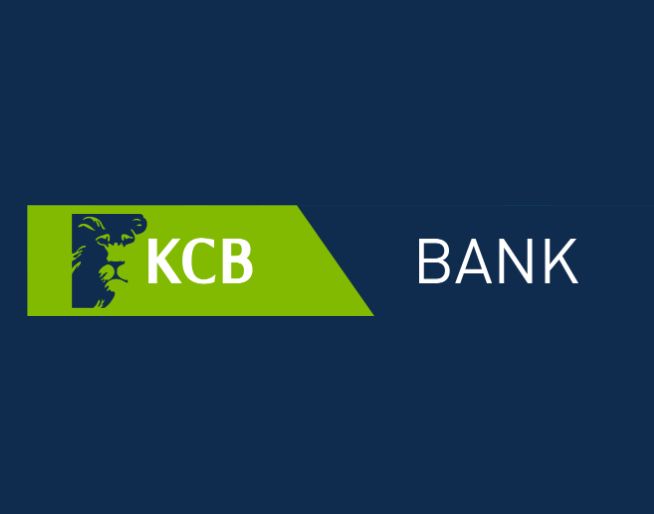Foreign Investors Dump KCB Shares as Kenya’s Economic Woes Deepen
A major foreign investor selloff has hit KCB Group Plc, reflecting broader concerns about Kenya’s economic direction, banking sector profitability, and government policy.
BUSINESS
Markloyd Mugambi
4/30/20252 min read


Foreign investors are rapidly pulling out of KCB Group Plc, triggering one of the biggest divestments seen on the Nairobi Securities Exchange (NSE) in recent years. The selloff, which peaked in the first quarter of 2025, highlights growing uncertainty over Kenya’s macroeconomic trajectory, deteriorating corporate earnings, and market volatility.
What’s Driving the Exit?
1. Weak Dividends and Sector Profitability Concerns
KCB’s recent decision to cut its dividend has sent shockwaves through investor circles, signaling deeper issues with shrinking interest margins, rising non-performing loans (NPLs), and growing operating expenses.
“When a bellwether like KCB slashes its dividend, it raises red flags about profitability and credit quality across the sector,” said Susan Warui of Genghis Capital.
Kenya’s banks are under pressure from tight liquidity, narrowing bond spreads, and delayed public-sector payments—a perfect storm for earnings contraction.
2. Macroeconomic Instability
Kenya’s economy is grappling with high inflation, a volatile tax regime, and a rapidly depreciating shilling, which lost over 18% against the US dollar since mid-2023.
According to the World Bank, inflation averaged 8.5% in 2024, driven largely by surging fuel, food, and electricity costs.
“Investors are wary of the instability and policy uncertainty—it affects everything from corporate returns to foreign exchange risk,” noted economist Mumbi Kimani.
3. MSCI Rebalancing and Index Fund Outflows
KCB is a key component of the MSCI Kenya Index, tracked by many frontier market funds. With global risk appetite shifting toward more stable economies like Vietnam and Romania, passive funds have been reallocating away from Kenya, triggering selloffs in top-listed firms like Safaricom, Equity Group, and East African Breweries.
4. Erosion of Sovereign Confidence
Kenya’s public debt now exceeds KSh11.1 trillion, or about 70% of GDP, raising fears about debt sustainability and default risk.
Recent foreign exchange restrictions and delays in repatriating dividends have only made things worse, with one London-based fund manager calling it “a red flag” for foreign capital.
Market-Wide Impact
The ripple effects are spreading beyond KCB. Other MSCI Kenya constituents like Safaricom, Equity Group, and EABL have also seen a wave of exits. In just one week in early 2025, the NSE lost KSh226 billion in market cap, and foreign investor participation dipped below 30%, a 10-year low.
The government has made policy announcements aimed at calming markets, but the NSE 20-Share Index remains down over 12% this year, underscoring persistent investor skepticism.
MSCI Index Exposure: Who’s at Risk?
MSCI Kenya Index Top Constituents:
Safaricom Plc
Equity Group Holdings Plc
KCB Group Plc
East African Breweries Ltd
Co-operative Bank of Kenya Ltd
MSCI Frontier Markets Small Cap Index Includes:
British American Tobacco Kenya Plc
Diamond Trust Bank Kenya Ltd
Kenya Electricity Generating Co. (KenGen)
Kenya Reinsurance Corporation Ltd
Conclusion: A Crisis and a Potential Opportunity
The KCB selloff is more than just a stock story—it reflects growing investor mistrust in Kenya’s broader economic policy direction and fiscal management. Without significant reforms in foreign exchange policy, taxation, and debt transparency, Kenya risks being sidelined in global capital markets.
However, for long-term investors with a high-risk appetite, the sharp decline in valuations may offer rare entry points—if the government can follow through with real economic and policy reforms.
Photo: KCB BANK
© 2026. Ke Press Global. A Ke Harbor Company. All rights reserved.
FOLLOW KE PRESS GLOBAL ON :
Contact us


